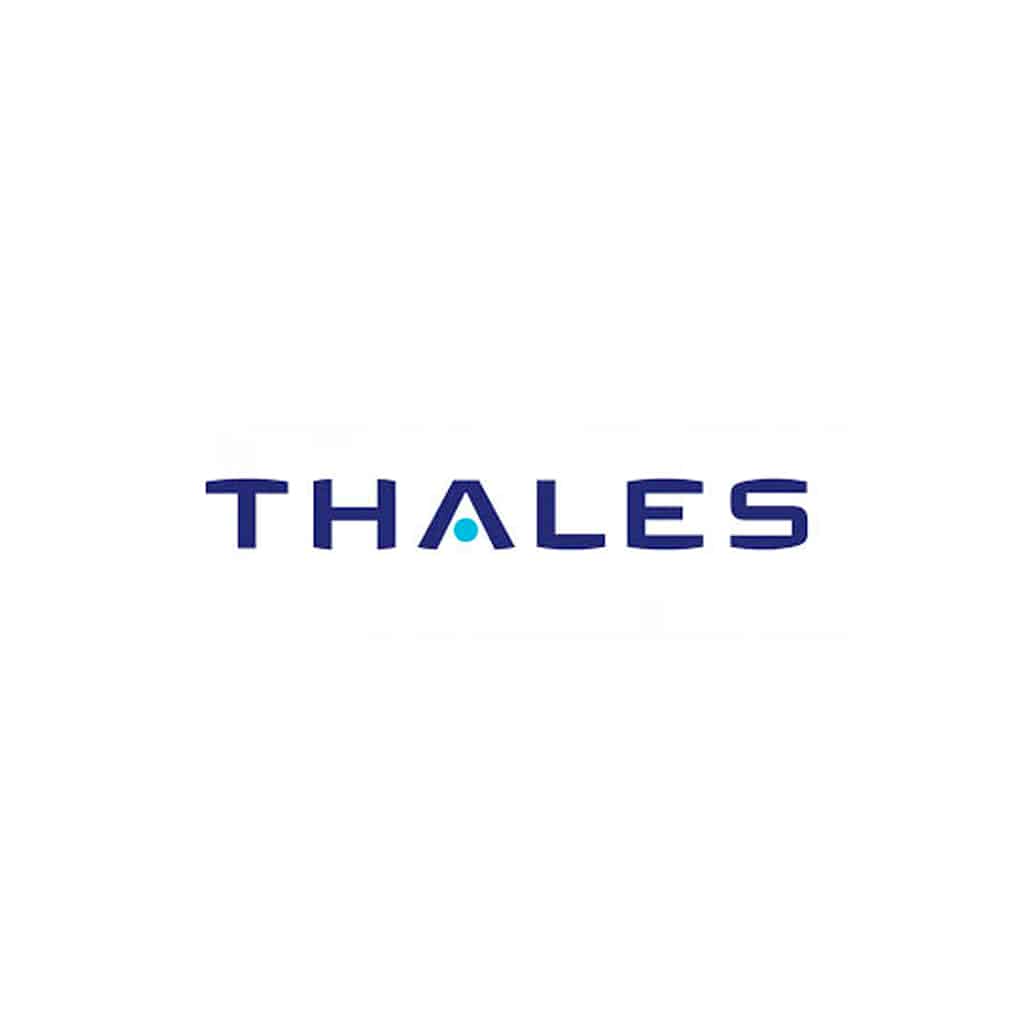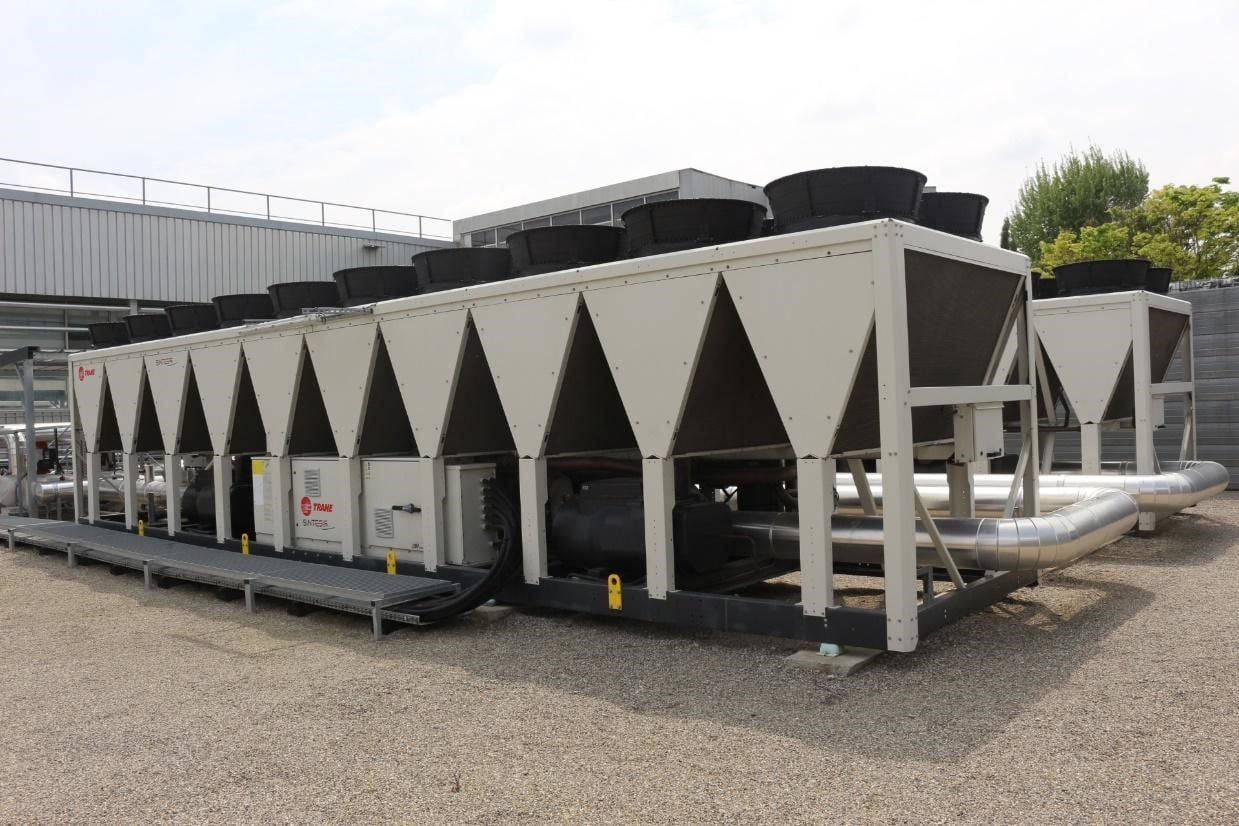
New generation of sustainable car park solutions: installation of photovoltaic solar canopies
The Thales Group has installed photovoltaic solar canopies over the car park at its Toulouse site to limit the consumption of electricity…

The objective is to operate a radar station that satisfies all the operational surveillance requirements of air traffic control, using only sustainable, alternative energy provided by solar panels.
The innovation is not only in the solar panels, but also in the power management system and the advanced battery technology, as well as the back-up generators that are deployed to secure the radar station operations and to safeguard it against power cuts or limited availability of regular sources.
Thales provides an air traffic control radar solution that allows its Chilean customer to significantly reduce its own operational emissions. This project includes the installation of a surveillance system composed of a primary STAR NG radar, combined with a secondary Mode S radar, the RSM 970S, as well as an ADS-B ground station enabling the surveillance of the air traffic in the Calama region. The radar station is installed on a site that had neither existing infrastructure, nor nearby commercial electrical power. The station will satisfy the operational surveillance requirements of both civil and military air traffic control and can detect both slow and fast-moving targets such as helicopters, commercial planes, and jets. The system also delivers windfarm mitigation filters.
The proposed system is therefore a complete, turnkey solution based on a power system using photovoltaic panels and back-up generators. In the proposed design, this system, made up of 330 photovoltaic panels installed on a surface measuring over 6330m² and delivering 191.5 kWc, will be the main power source of the surveillance system. Associated with advanced battery technology, it will allow the Chilean DGAC (Dirección General de Aeronáutica Civil) to have a certain level of autonomy, thus largely reducing the use of power generators compared to standard use on this type of installation, whilst securing the running of the radar station against power cuts or limited availability of regular sources.
on which the project has a significant impact
Avoided emissions : Cease to use energy from the main network, replace it by solar power produced on site
Quantification : 146 tCO2e/an
The station consumes 415 MWh/year. The emission factor of the life cycle analysis of solar panels is considered to be around 48 kgCO2e/MWh. The average yearly emission factor of the Chilean network is around 400 kgCO2e/MWh. The solar energy power supply therefore creates a saving of around 146 tCO2e/year.
Confidential data
January 2022
Calama in Chile
This solution can be adopted for air traffic control radar stations situated in regions with high levels of sunshine.
By producing green energy that is directly used by the radar station, the project contributes to the following United Nations sustainable development goals (SDG):
This type of structure can be installed on isolated sites that have a high levels of sunshine all year round.
Project carried out in collaboration with CLEMAR Engenharia, in charge of installing civil and electrical infrastructures.
alice.pruvot@thalesgroup.com

The Thales Group has installed photovoltaic solar canopies over the car park at its Toulouse site to limit the consumption of electricity…

Thales has installed a heat recovery system within its data center on its Toulouse site in order to reduce its carbon footprint by replacing gas heating with a system …

The PureFlyt Flight Management System solution to be deployed by Thales will make it possible to optimise an aircraft’s flight path to reduce…

Thales and Veolia have joined forces to create the first eco-designed SIM card made from recycled plastic. The polymer, a plastic found in high concentrations in household